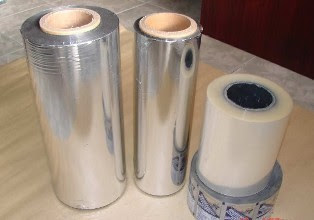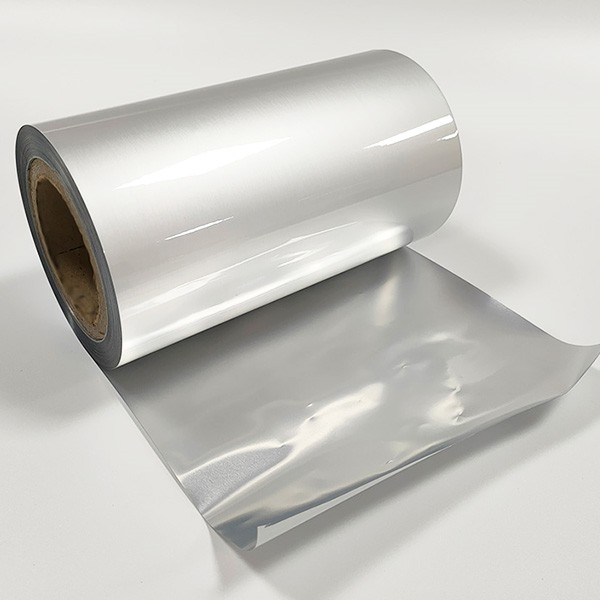In modern industries and packaging sectors, アルミホイル has emerged as a favored option for composite materials due to its unique physical and chemical properties. This versatile material plays a crucial role in various industries, particularly in food, pharmaceuticals, and consumer goods packaging. Below, we delve into the key advantages of aluminum foil as a composite material and its performance across different applications.
Excellent Barrier Properties
One of the standout features of aluminum foil is its exceptional barrier capabilities. Its dense structure effectively prevents the permeation of oxygen, which keeps food from oxidizing, and it also blocks moisture, thus reducing the risk of spoilage. Additionally, aluminum foil has excellent light-blocking properties, making it essential for light-sensitive pharmaceuticals and food products. Incorporating aluminum foil into composite materials significantly extends product shelf life, minimizes waste, and enhances market competitiveness.

Lightweight Design
The lightweight nature of aluminum foil offers numerous advantages in modern industry. By using aluminum foil as the outer or inner layer of composite materials, manufacturers can effectively reduce the overall weight of products. This is especially important in the aerospace and automotive industries, where weight reduction directly impacts fuel consumption and transportation efficiency. For electric vehicles and high-performance cars, lightweight materials contribute to better range and performance, promoting more sustainable transport solutions.
Excellent Processability of Aluminum Foil
Aluminum foil’s superior processability makes it an ideal choice for composite materials. It can be processed through various methods like stretching, curling, lamination, and printing, adapting easily to different design requirements. This flexibility allows manufacturers to quickly adjust product designs in response to market changes, meeting consumer needs. For instance, in the packaging industry, aluminum foil can be combined with other materials like plastic films to create multi-functional composites that enhance product marketability.
Corrosion Resistance and Durability
The inherent corrosion resistance of aluminum ensures that aluminum foil performs reliably in diverse environments. Whether in humid, acidic, or alkaline conditions, aluminum foil maintains its integrity, preventing corrosion and aging. This durability assures safe and reliable storage and transportation of products, reducing maintenance and replacement costs, especially in food and pharmaceutical packaging.

Eco-Friendly and Recyclable Features
With growing environmental concerns, the recyclability of aluminum foil is highly appealing. The recycling process for aluminum is efficient, consuming only about 5% of the energy needed to produce new aluminum. Utilizing aluminum foil allows businesses to lessen their dependence on natural resources and align with sustainability initiatives. Additionally, aluminum foil composite materials can be disposed of in environmentally friendly ways, supporting the development of a circular economy.
Good Thermal Conductivity
Another significant advantage of aluminum foil is its excellent thermal conductivity. This property allows aluminum foil to rapidly and efficiently conduct heat, which is crucial for thermal management in electronic devices. By using aluminum foil as a heat dissipating material, electronic products can maintain optimal temperatures, enhancing performance and safety. In the construction industry, aluminum foil applications can facilitate temperature control and energy savings, contributing to overall energy efficiency in buildings.
結論
In summary, aluminum foil stands out as the preferred choice for composite materials due to its exceptional barrier properties, lightweight design, excellent processability, corrosion resistance, eco-friendliness, and good thermal conductivity. Its wide-ranging applications in food, pharmaceuticals, electronics, and building materials not only enhance product quality and lifespan but also support environmental protection and sustainable development. With ongoing advancements in technology, the future prospects for aluminum foil are vast, promising to play an important role in materials science and engineering.


